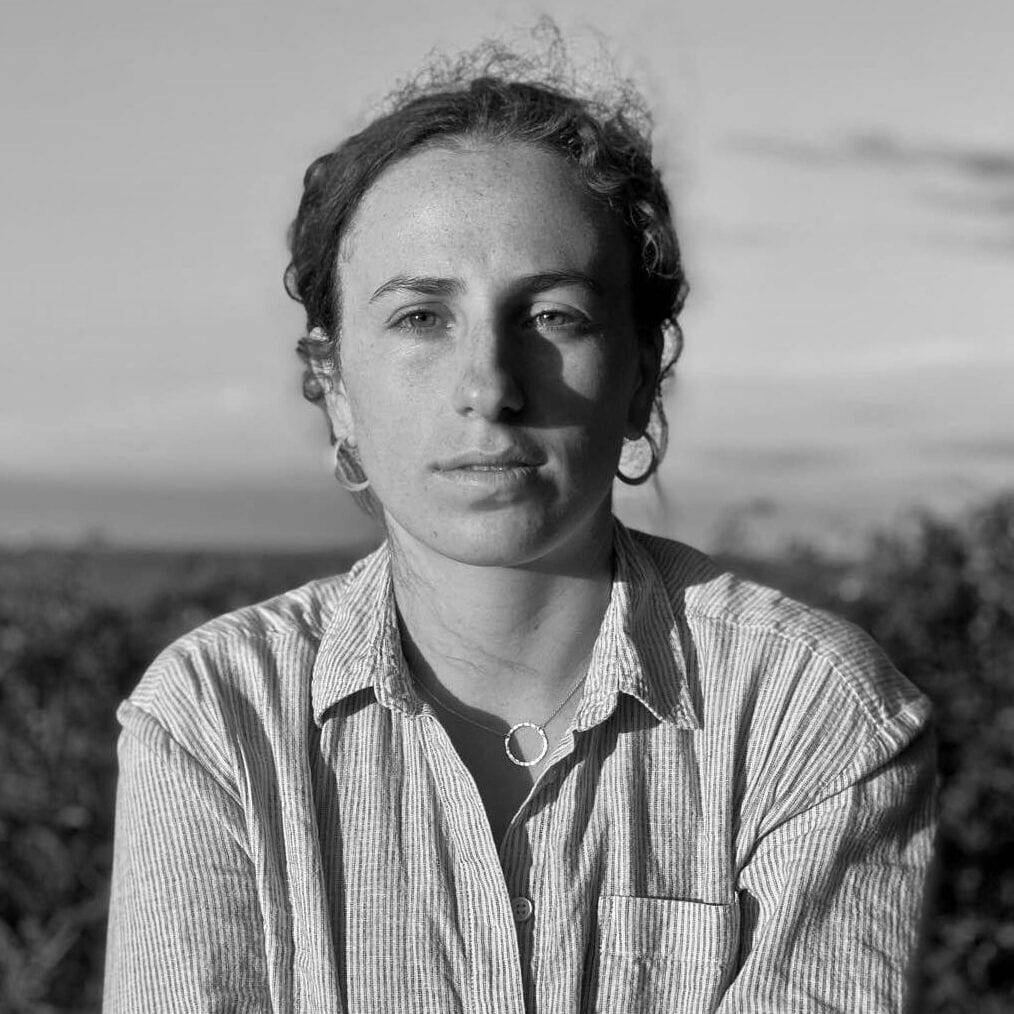Even before 2,750 tonnes of ammonium nitrate exploded in Beirut’s port, killing nearly 200, injuring thousands more and devastating the city and the country’s main port on 4 August, Lebanon was struggling with mounting food insecurity.
Months of economic crisis amid a global pandemic and, now, a massive explosion in the capital, have pushed the country to breaking point, says Maya Terro, founder and director of FoodBlessed, a locally run hunger relief initiative.
FoodBlessed, Terro explains, has seen the number of Lebanon’s residents requesting food aid rise dramatically in recent months as the economic crisis has taken hold, pushing even members of the previously thriving middle class into food insecurity and poverty.

FoodBlessed, a locally run hunger relief initiative in Lebanon, 19 August 2020
By the end of the year, Terro expects three quarters of Lebanon’s population to need food handouts, with “an unprecedented number of Lebanese families facing food insecurity or hunger for the first time”.
In some cases, well-educated school teachers who told Terro they never thought they would need to register for food handouts, have been forced to turn to charities such as FoodBlessed for help.
“Even if they had a good job, a good salary or had saved a lot of money in their bank account, they cannot access any of that any more, so they find themselves having to ask for a food handout”, Terro says. “That just gives you an idea of how hard coronavirus and the economic crisis has hit this country”.
READ: Lebanon is one long tale of disaster and crisis
At the start of the economic crisis in October, FoodBlessed launched a “Beat Hunger LB” project aimed at providing food insecure families across Lebanon with handout boxes. At the time, the charity collected 17,000 names of families in need, and has so far supplied 7,000 of them with boxes packed and delivered by volunteers on a weekly basis.
The packages, which contain enough food for one family of four for three to four weeks, depending on meal frequency and portion size, Terro says, each cost $19. A cost which, despite rapid price increases, the charity has managed to maintain.
However, delivering the same quantity of food for the $19 sum is becoming increasingly difficult and FoodBlessed has been forced to adapt. Goods that have become expensive are exchanged for alternatives and often, Terro says, this means buying from four or five suppliers, rather than one, to get the best prices.
The rising number of families in need and the added difficulty of meeting their needs with reduced purchasing power has forced FoodBlessed to shutter food box registration. Mainly, Terro claims, so food insecure families do not have “false hope” they will receive immediate handouts.
Nevertheless, Terro says, the situation is becoming more desperate and increasingly families which are considered “destitute” and cannot wait for FoodBlessed to reopen registration are asking for their names to be added to the list.

Maya Terro, founder and director of FoodBlessed, 19 August 2020
Now the charity sets aside one week each month to focus on 20 or 30 new families who, Terro says, “just cannot wait”, but the number of desperate cases is quickly increasing.
“Before we had a group of individuals that we used to help on a monthly basis, that was around 600, now we have around 11,000”, Terro explains. “We were talking in terms of hundreds, now we are talking in terms of thousands and it is already increasing again”.
One way FoodBlessed has sought to meet demand has been to reopen their community kitchen with new coronavirus precautions. Volunteers now cook and distribute between 400 and 900 meals to food insecure families in and around Beirut every day.
READ: US sending 3 plane loads of aid to Lebanon after blast
Nevertheless, in the aftermath of the 4 August explosion in Beirut, Terro says “the worst is yet to come”. FoodBlessed has been faced with a sudden wave of hungry families desperate for handouts and the charity has struggled to keep up without the use of key infrastructure which was damaged in the explosion.
A community fridge project, which Terro had planned to launch on World Food Day in 2019, for example, has been delayed. The idea of the project, Terro explains, is for locals to leave good but unwanted food in community fridges dotted around Beirut for food insecure families to eat.
“If you think about it”, Terro says, “people are already going through trash bins. We are just making their lives a bit easier and giving them the food in good, intact condition. All they have to do is go to that fridge and take it out”.
Terro passionately tells me how she always felt it was her life’s purpose to lead the fight against food insecurity in Lebanon, but in the aftermath of the explosion, circumstances have changed. Now, the FoodBlessed founder is concerned that soon there may not be enough food for hunger relief charities to help those in need.
There are two pillars of food security, Terro explains: “One, in order to be food secure, Lebanon first has to have enough food in the country to feed the entire population. Secondly, the people should have enough purchasing power to access that existing food”.
This, she says, is no longer the case for Lebanon. Instead, she asks: “By the end of the year, will there even be enough food in Lebanon to hand out?”
READ: Economy Minister: Lebanon has only 4 months of wheat stock









